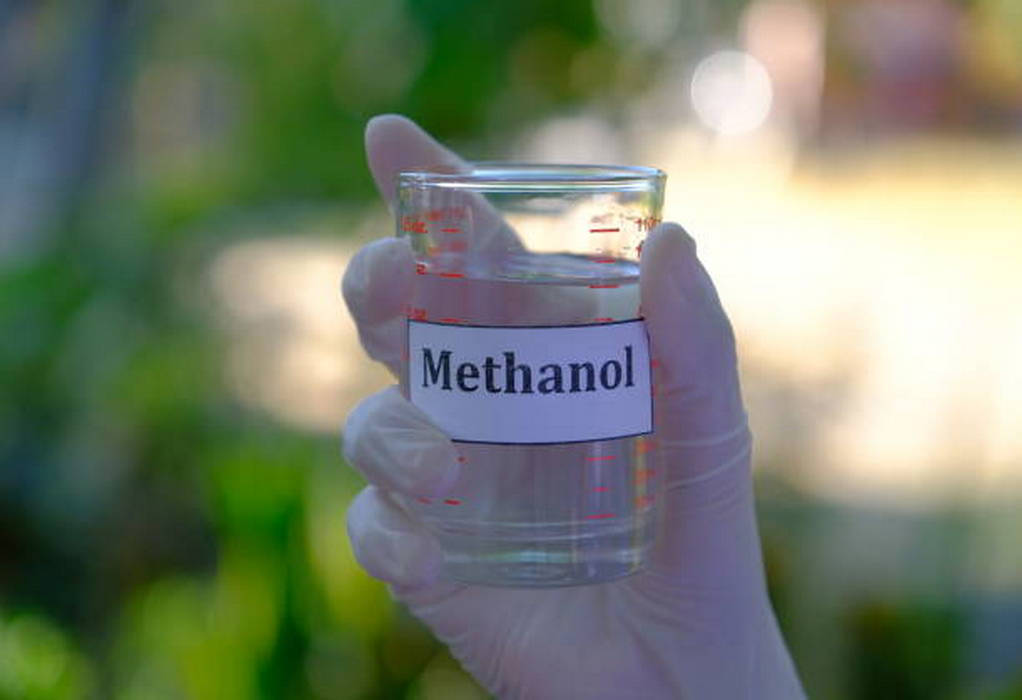Norwegian shipbuilder Vard has been awarded approval in principle from class society DNV for the design of its methanol-powered wind turbine installation vessel (WTIV).
The so-called VARD 4 52 design features a methanol-electric system, which, together with a large battery pack, can reduce the CO2 footprint by up to 90%, Vard said.
The vessel has the capacity to run on methanol for 28 days and is large enough to transport up to five 15 MW turbines, including all parts.
Vard noted that, while the vessel’s primary task is the installation of large wind turbines, it can also be suitable for foundation installation up to 75 m water depth, with the crane being able to lift as much as 2,600 tonnes.
Wind farm installation ships driven by methanol-fuelled engines are expected to enter service in 2024. Dutch offshore marine contractor Van Oord has one such vessel on order at Yantai CIMC Raffles Shipyard in China. The 175 m jackup newbuild, designed by Knud E Hansen, will be able to install up to 20 MW wind turbines. It will sport a crane that can lift more than 3,000 tonnes and four 126 m legs, allowing the vessel to be jacked up and work in waters up to 70 m deep.
Tags: Design, DNV, Methanol, Vard, WTIV



Recent Posts
Seafarer Wellbeing Highlighted in New Decarbonisation Guidance from ISWAN
India Outlines Green Hydrogen Strategy at World Hydrogen Summit 2025 in Rotterdam
Port of Rotterdam and EDGE Navigation Partner to Advance Liquid Hydrogen Infrastructure
Finnlines Launches Low-Carbon “Green Lane” Sea Transport Service with Up to 90% Emission Cuts
Microsoft Teams Up with NORDEN to Cut Maritime Supply Chain Emissions
Höegh Autoliners’ Fifth Aurora-Class PCTC Enters Service with Multi-Fuel Capability
Next-Gen Marine Propulsion: MAN Launches Methanol Super Engine
Port of Amsterdam Marks First Ship-to-Ship Methanol Bunkering